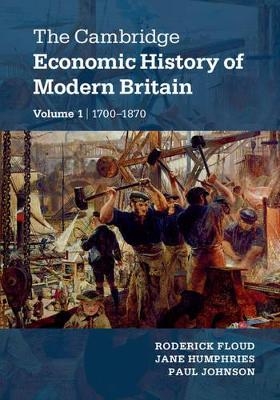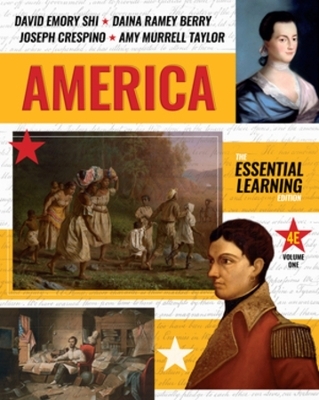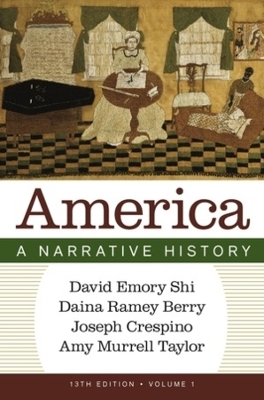
The Cambridge Economic History of Modern Britain 2 Volume Hardback Set
Cambridge University Press
978-1-107-06721-9 (ISBN)
A new edition of the leading textbook on the economic history of Britain since industrialisation. Combining the expertise of more than 30 leading historians and economists, the volumes examine the foundational importance of economic life in modern Britain and the close interconnections between economic, social, political and cultural change. Each chapter provides a clear guide to the major controversies in the field and students are shown how to connect historical evidence with economic theory and apply quantitative methods. Volume 1 (1700–1870), examines industrialisation's causes and consequences; issues of globalisation, convergence and divergence; and the role of institutions, the state and technology. Volume 2 tracks the development of the British economy from late nineteenth century global dominance to its early twenty-first century position as a mid-sized player in an integrated European economy. Throughout the volumes British experience is set within an international context and its performance benchmarked against its global competitors.
Roderick Floud has taught modern British history in the UK and the USA; his recent research has used information on human height and weight to explore changes in living standards and he is one of the founders of the sub-discipline of anthropometric history, summed up in The Changing Body (Cambridge University Press, 2011) which has been widely praised. He wrote the first textbook of quantitative methods for historians and has edited all four editions of The Cambridge Economic History of Modern Britain. Roderick has also written extensively on higher education policy and received a knighthood for services to higher education. He is a Fellow of the British Academy and an Academician of the Social Sciences. He is a Research Associate of the National Bureau of Economic Research in the United States and is currently Chair of the Social Sciences Committee of the European Science Foundation. He has recently embarked on a new research study of the economic history of British gardening. Jane Humphries is Professor of Economic History at the University of Oxford where she teaches economic and social history at both graduate and undergraduate levels. Her research has ranged across many issues to do with growth and development. She has also published extensively on gender, the family and the history of women's work. Her recent Ranki prize-winning monograph, Childhood and Child Labour in the British Industrial Revolution, involves a bold and innovative use of working-class memoir, studied both quantitatively and qualitatively, a methodology that she is developing further in her current study of women and girls' experiences of industrialisation. She presented the recent BBC4 documentary, 'The Children Who Built Victorian Britain', which was based on her work. Professor Humphries is a Fellow of All Souls College, an Academician of the Social Sciences and a Fellow of the British Academy.
Volume 1: 1. The British Industrial Revolution in a European mirror Brian A'Hearn; 2. Population geography and occupational structure Tony Wrigley and Leigh Shaw Taylor; 3. Agriculture Joyce Burnette; 4. Health, nutrition and education David Meredith and Deborah Oxley; 5. Regions Nigel Goose; 6. Labour markets and training/apprenticeship Patrick Wallis; 7. Population and social mobility Greg Clark and Neil Cummins; 8. Consumption Sara Horrell; 9. An age of progress Joel Mokyr; 10. Technology Bob Allen; 11. Finance Anne Murphy; 12. Government and the economy Julian Hoppit; 13. Transport including shipping Dan Bogart; 14. Trade and empire Nuala Zahedieh; 15. Economic thought and ideology Roger Backhouse and Keith Tribe; 16. Legacy of the early start Knick Harley. Volume 2: 1. Economic growth during the long twentieth century Nicholas Crafts; 2. From empire to Europe: Britain in the world economy Kevin O'Rourke; 3. Population, migration and labour supply Tim Hatton; 4. Health and welfare Bernard Harris; 5. Income and living standards Ian Gazeley; 6. Technology, innovation and economic growth Tom Nicholas; 7. Consumption and affluence Avner Offer; 8. Cycles and depressions Matthias Morys; 9. The City and the corporate economy David Chambers; 10. Armaments and the economy Jari Eloranta; 11. The deindustrial revolution: the rise and fall of UK manufacturing, 1870–2010 Michael Kitson and Jonathan Michie; 12. The rise of the service sector Steve Broadberry; 13. The household economy Peter Scott; 14. Growth of the public sector Bob Millward; 15. Soft power: the media industries Gerben Bakker; 16. Sterling and monetary policy Catherine Schenk; 17. Economic policy and management Roger Middleton; 18. Economic ideas and ideology Roger Backhouse and Keith Tribe.
| Zusatzinfo | 2 Maps; 119 Line drawings, unspecified |
|---|---|
| Verlagsort | Cambridge |
| Sprache | englisch |
| Maße | 180 x 252 mm |
| Gewicht | 2500 g |
| Themenwelt | Geschichte ► Allgemeine Geschichte ► Neuzeit (bis 1918) |
| Geschichte ► Allgemeine Geschichte ► Zeitgeschichte | |
| Geisteswissenschaften ► Geschichte ► Regional- / Ländergeschichte | |
| Geschichte ► Teilgebiete der Geschichte ► Wirtschaftsgeschichte | |
| ISBN-10 | 1-107-06721-9 / 1107067219 |
| ISBN-13 | 978-1-107-06721-9 / 9781107067219 |
| Zustand | Neuware |
| Informationen gemäß Produktsicherheitsverordnung (GPSR) | |
| Haben Sie eine Frage zum Produkt? |


